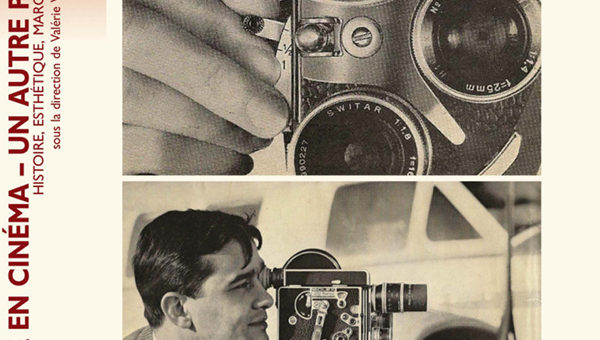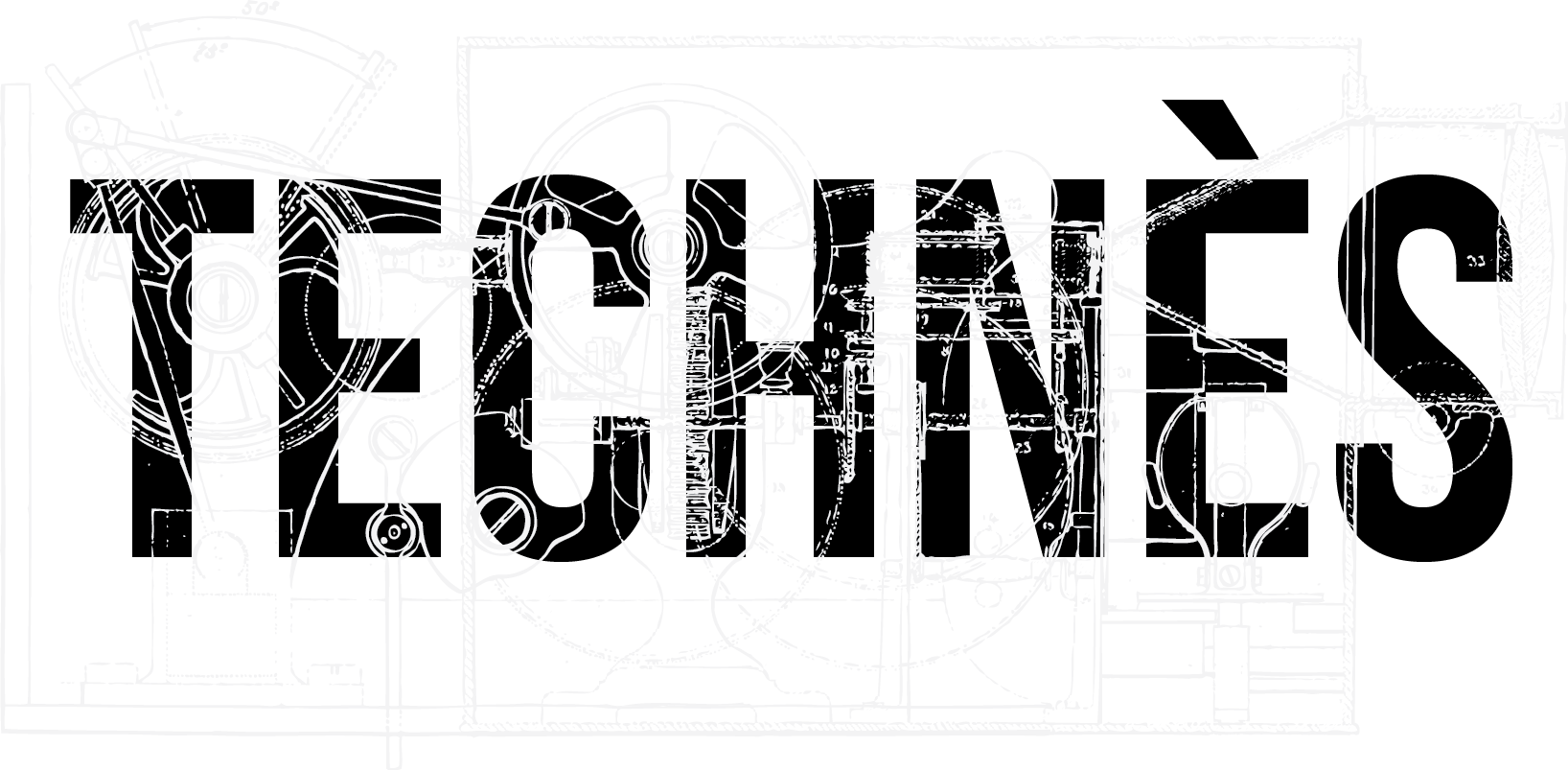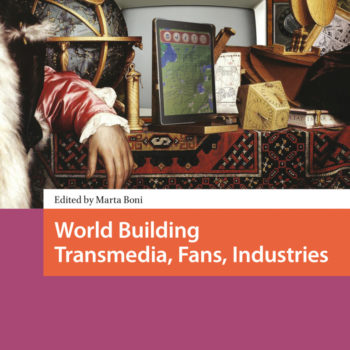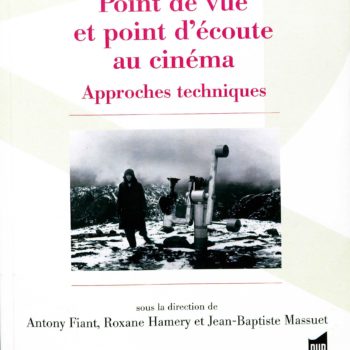
L’amateur en cinéma, un autre paradigme. Histoire, esthétique, marges et institutions
- On 25 October 2019

Benoît Turquety and Valérie Vignaux (ed.)
Association française de recherche sur l’histoire du cinéma / 2017
Organised into four sections, L’Amateur un paradigme, L’Amateur ou une autre histoire du cinéma, Présences de l’amateur and L’Amateur une figure de l’histoire, this volume poses the question of amateurs and the cinema they produce by breaking down the aesthetic and societal hierarchies and the distinctions between home movies and films made by clubs. In addition to the contexts in which these images are made, the authors strive to observe the films’ gestures and viewpoints in order to interrogate the singular connection women and men maintain with these representational machines, the movie camera and the projector. Recordings of the world – of one’s own world and that of others – whose silver gelatin history, meaning its cinematic history, takes shape like a period of its own – a period from before the digital upheaval – this technological leap took us from the twentieth to the twenty-first centuries. After examining how the “amateur” offers a different paradigm for understanding cinema, these studies, using new and innovative sources, lead to another history of cinema, making manifest marginal cinematic uses and contexts. They also show how these film materials can be used to recount cultural or social history as much as they demonstrate an aesthetic upheaval. The history of the “cinema amateur”, as the texts assembled here demonstrate, has changed: today the practice has been fully integrated into the field of cinema studies, while the works themselves have been reattributed to their authors, whether they are famous or anonymous. In this way another paradigm is uncovered, in the sense that “the cinema amateur” makes it possible to redistribute categories of thinking, leading to an interrogation of meaning or of cinema itself.


